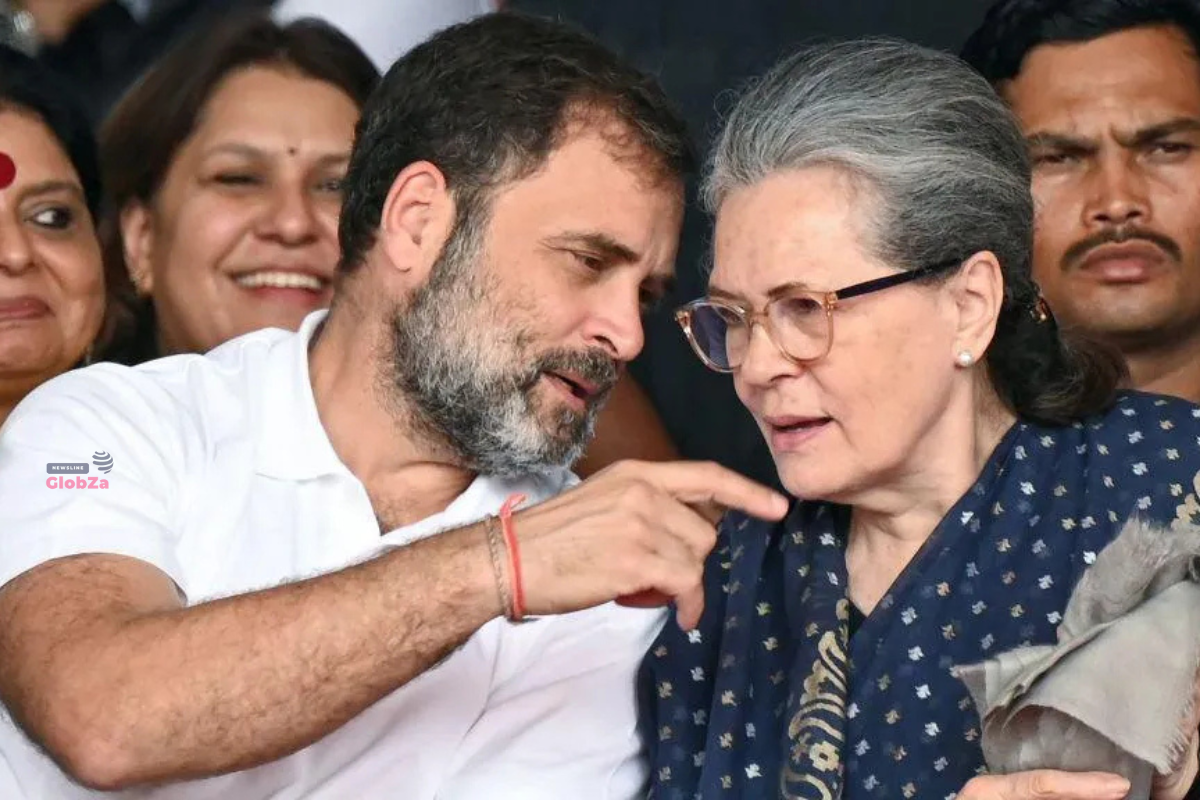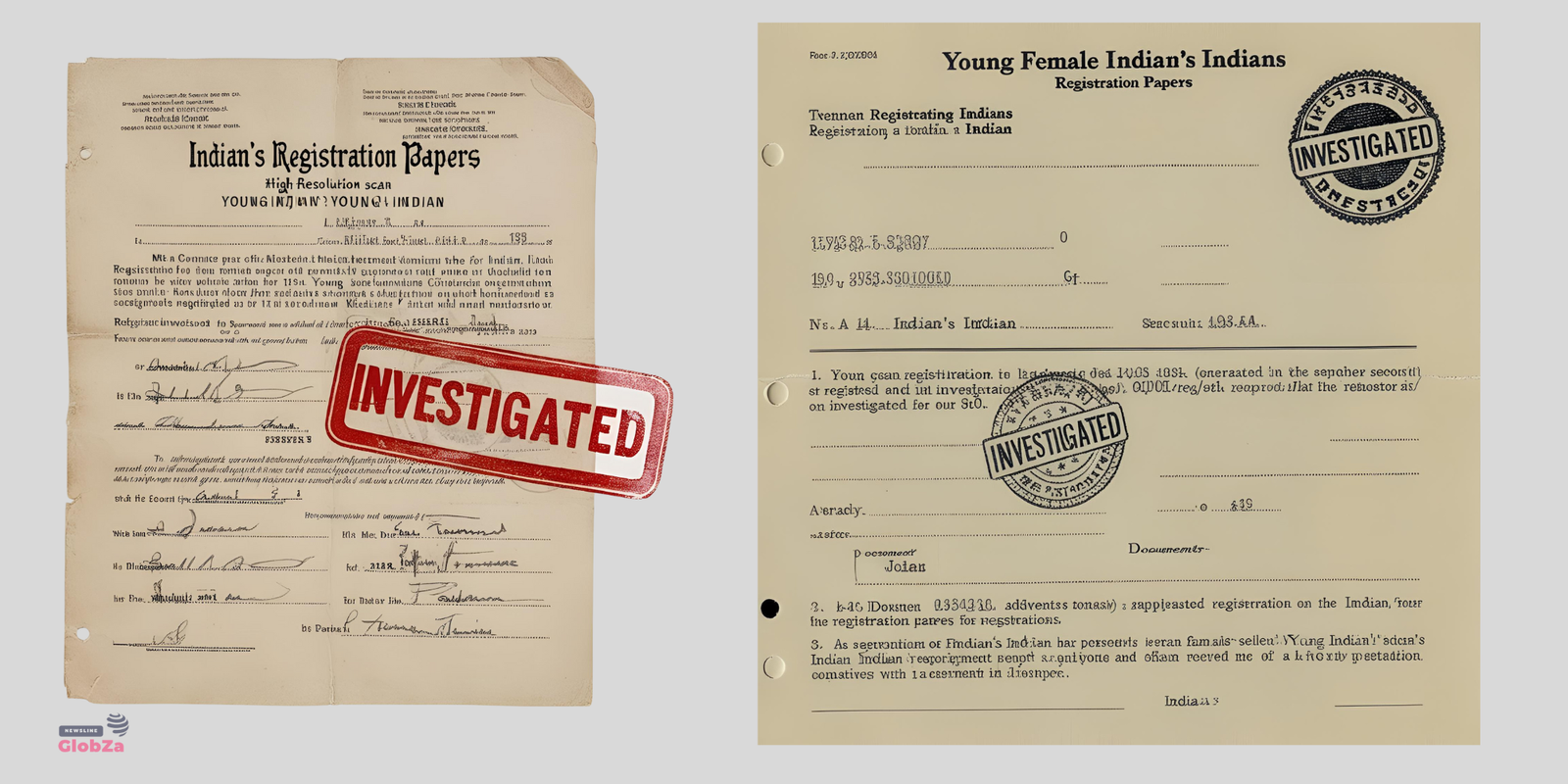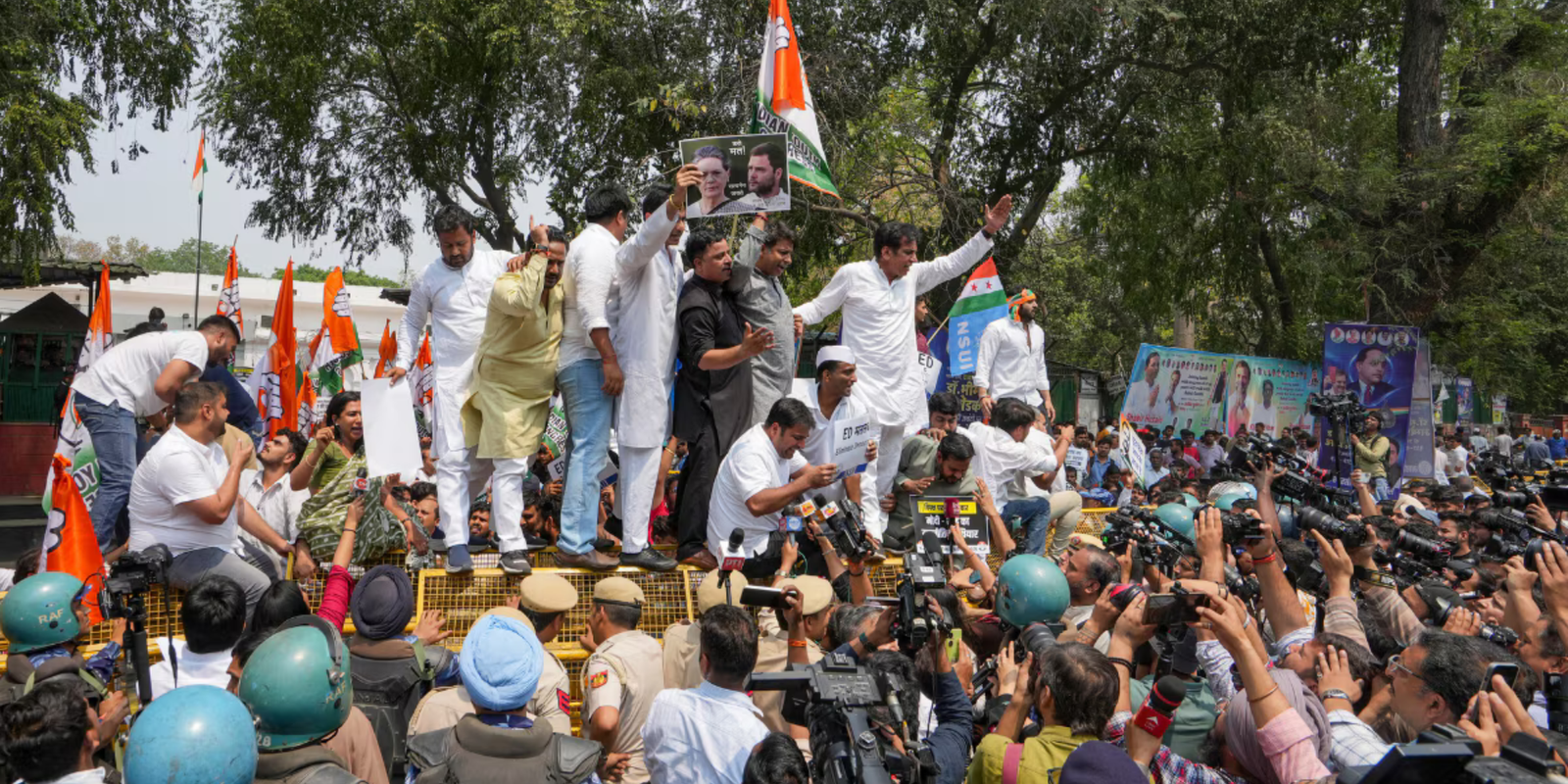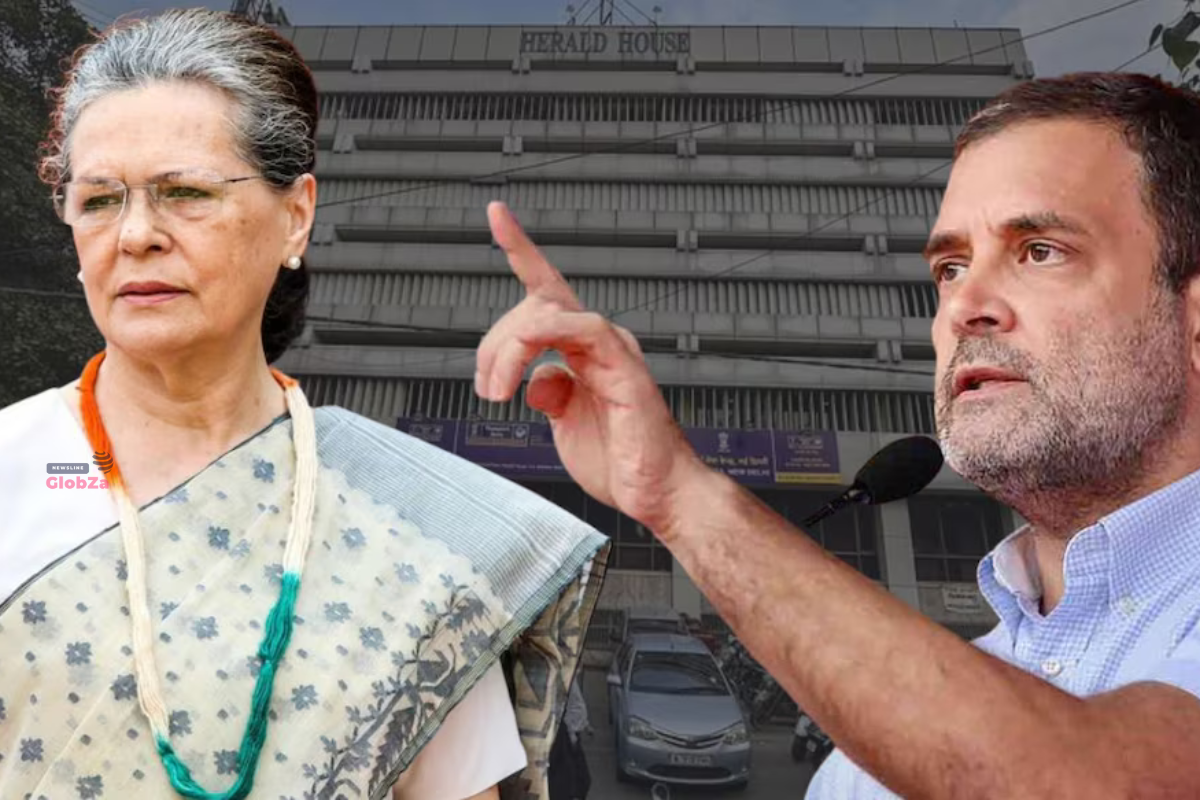The ED vs The Gandhis – A Straightforward Faceoff with Political Undertones
Published on globza.com

“This isn’t about justice—it’s about silencing the strongest voice of the opposition.” — Jairam Ramesh, Congress spokesperson
✅Charges filed by ED in Delhi court
✅Accused: Sonia Gandhi, Rahul Gandhi, Sam Pitroda & others
✅Allegations include forming a shell company (Young Indian)
✅Properties said to have acquired for ₹5M but valued at ₹20B
Allegations Surrounding the National Herald
At the heart of the controversy lies the transfer of ownership and control of the National Herald’s assets—reportedly worth over ₹20 billion. Authorities allege that the Gandhis and their associates misused Congress party funds to take control of the newspaper’s parent company, Associated Journals Ltd (AJL), thereby acquiring valuable real estate and other prime assets. These allegations have intensified the ongoing political rift between the ruling BJP and the opposition Congress, especially with national elections on the horizon.
“This isn’t about justice—it’s about silencing the strongest voice of the opposition.”
— Jairam Ramesh, Congress spokesperson
✅Filed by: Enforcement Directorate in Delhi Court
✅Accused: Sonia Gandhi, Rahul Gandhi, Sam Pitroda, and others
✅Core allegation: Use of a shell company (Young Indian) to gain control of assets
✅Asset value: Acquired for ₹5 million, allegedly worth ₹20 billion
Read more political news and updates
Congress Strikes Back
The Congress party has condemned the charges, labeling them an act of political vendetta. Senior leaders argue the case lacks legal merit and was conveniently resurrected to divert attention from pressing national issues. Jairam Ramesh dubbed the move “vendetta politics,” accusing the BJP of misusing investigative agencies to suppress dissent and discredit opponents.
Congress claims this legal offensive is part of a broader strategy to target critics and erode democratic checks and balances. With crucial elections approaching, the party contends that the BJP is using state agencies to control political narratives and manipulate public perception.

“You can't call it a bailout when you walk away with billions in real estate.” — Subramanian Swamy, BJP leader
✅Young Indian owns 100% of AJL post-debt conversion
✅Gandhis each hold 38% stake
✅Congress claims no profit or personal gain involved
✅ED alleges ₹20B worth of assets bought for ₹5M
Legacy of the National Herald
Founded by Jawaharlal Nehru in 1938, the National Herald played a critical role in India’s freedom struggle. It served as a platform for nationalist voices and championed the ideals of secularism, democracy, and social justice. Even after independence, it remained a key pro-Congress publication shaping public discourse.

The newspaper halted its print edition in 2008 due to financial troubles but was relaunched digitally in 2016. Congress leaders claim this revival was a symbolic effort to preserve a historically significant institution. They argue that the party’s support of Associated Journals Ltd (AJL), the paper’s publisher, was aimed at preserving ideological legacy—not for personal or financial benefit.
“The Herald was more than a newspaper—it was a voice for India’s soul.”
— Jawaharlal Nehru, 1963 Silver Jubilee Message
✅Founded: 1938 by Jawaharlal Nehru
✅Initial funding: Backed by 5,000 freedom fighters
✅Print ceased: 2008
✅Digital relaunch: 2016
The Role of Young Indian
Formed in 2010, Young Indian lies at the core of the controversy. Congress maintains it functions as a non-profit aimed at promoting social causes. However, the ED has zeroed in on its acquisition of AJL’s debt, which allegedly converted into equity and granted Young Indian control over AJL’s valuable real estate assets.
The ED argues this wasn’t a debt restructuring but a calculated move to transfer assets worth ₹20 billion under the guise of philanthropy. Authorities claim the deal benefited a select few—including the Gandhis—despite assertions of no personal gain.
Sonia and Rahul Gandhi each own a 38% stake in Young Indian. Congress leaders insist the move was intended to revive AJL and protect the Herald’s legacy, noting that no dividends were paid to shareholders, reinforcing their stance that it wasn’t a profit-making operation.
“You can’t call it a bailout when you walk away with billions in real estate.”
— Subramanian Swamy, BJP Leader
✅Ownership: 100% control of AJL
✅Gandhi stake: 38% each
✅Congress claim: Non-profit; no shareholder profit
✅ED claim: Asset grab masked as debt conversion
Explore our political commentary section
The Role of Young Indian
In response, the Congress party has announced nationwide protests scheduled for Wednesday. They frame this as a fight against what they term “state-sponsored intimidation.” According to party leaders, this isn’t an isolated incident, but part of a broader agenda to weaponize central agencies against opposition voices.
With general elections nearing, several political analysts see the timing of the charges as deeply political. They argue that the BJP is leveraging legal institutions to weaken rivals and shape electoral narratives. For Congress, the implications go beyond court rulings—it’s about winning the battle in the court of public opinion.
“Democracy survives on dissent—if that’s criminalized, we risk becoming an autocracy.”
— Political Analyst, India Today
✅Protests: Planned nationwide by Congress
✅Next hearing: April 25
✅Opposition leaders targeted by ED since 2014: Over 150
✅Global concern: Declining trust in democratic institutions and alleged misuse of agencies




